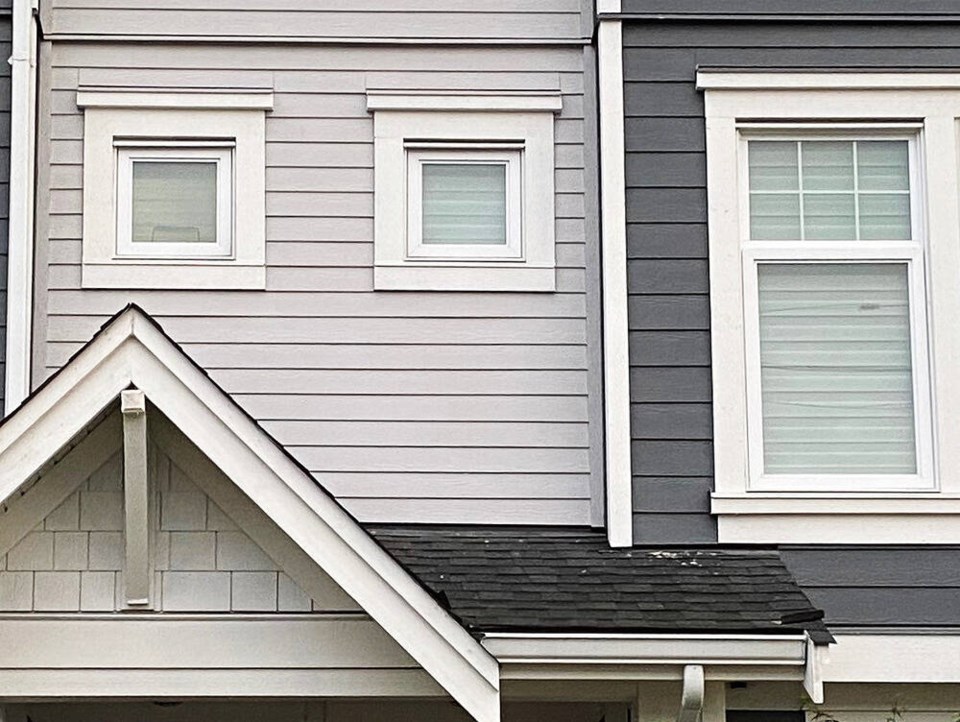City staff are reviewing a recent move by the province regarding short-term rentals to determine potential implications for Delta.
The newly introduced legislation by the government is aimed at regulating the rapidly expanding short-term rental market.
Premier David Eby in an announcement this week said the number of short-term rentals in B.C. has ballooned in recent years, removing thousands of long-term homes from the market, which is why his government is creating new enforcement tools and returning homes to the people who need them.
Short-term rental listings on online platforms, such as Airbnb, VRBO, Expedia and FlipKey, have expanded rapidly and data shows that it continues to surge since the COVID-19 pandemic, according to the province, noting the short-term rental market is now at an all-time high, diverting thousands of long-term rental homes onto the short-term market.
Currently, there are approximately 28,000 daily active short-term rental listings in B.C., an increase of 20 per cent from a year ago, the province notes, adding that data indicates that more than 16,000 entire homes are being listed as short-term rentals for the majority of a calendar year.
Introduced in a phased-in approach, the new rules, among other things, include increasing fines and better tools for local governments, requiring short-term rental platforms to share data to strengthen local enforcement, as well as requiring online short-term rental platforms to share their data with the province.
Delta currently does not have any specific regulations when it comes short-term rentals.
Community Planning Director Marcy Sangret told the Optimist that the zoning bylaw allows a single- detached dwelling to either be occupied by the owner or rented. Similarly, an approved secondary suite can also either be occupied by the owner or rented.
If a dwelling does not contain a secondary suite, the zoning bylaw allows two boarders to rent or occupy a sleeping unit.
Delta’s current zoning also does not specify a minimum duration of stay for renting all or a portion of a residence, noted Sangret, adding that city staff are reviewing the recent announcements from the province.
Back in 2020, the Mayor’s Task Force on Building Permits and Development Applications heard a staff presentation and discussed the issue.
Some of the concerns raised by task force members included guarding against party home situations and having secondary suites becoming short-term rentals.
It was noted at that time that council had not yet adopted an approach.
A proposed approach put forward by staff would allow the rentals where the operator lived in the principal residence, implementing a $150 annual fee per room and other requirements.
The plan would also see business licenses issued on an annual basis based on the number of units.
Coach houses that are not a principal residence would not be used for short-term rentals but could be used for long-term rentals.



